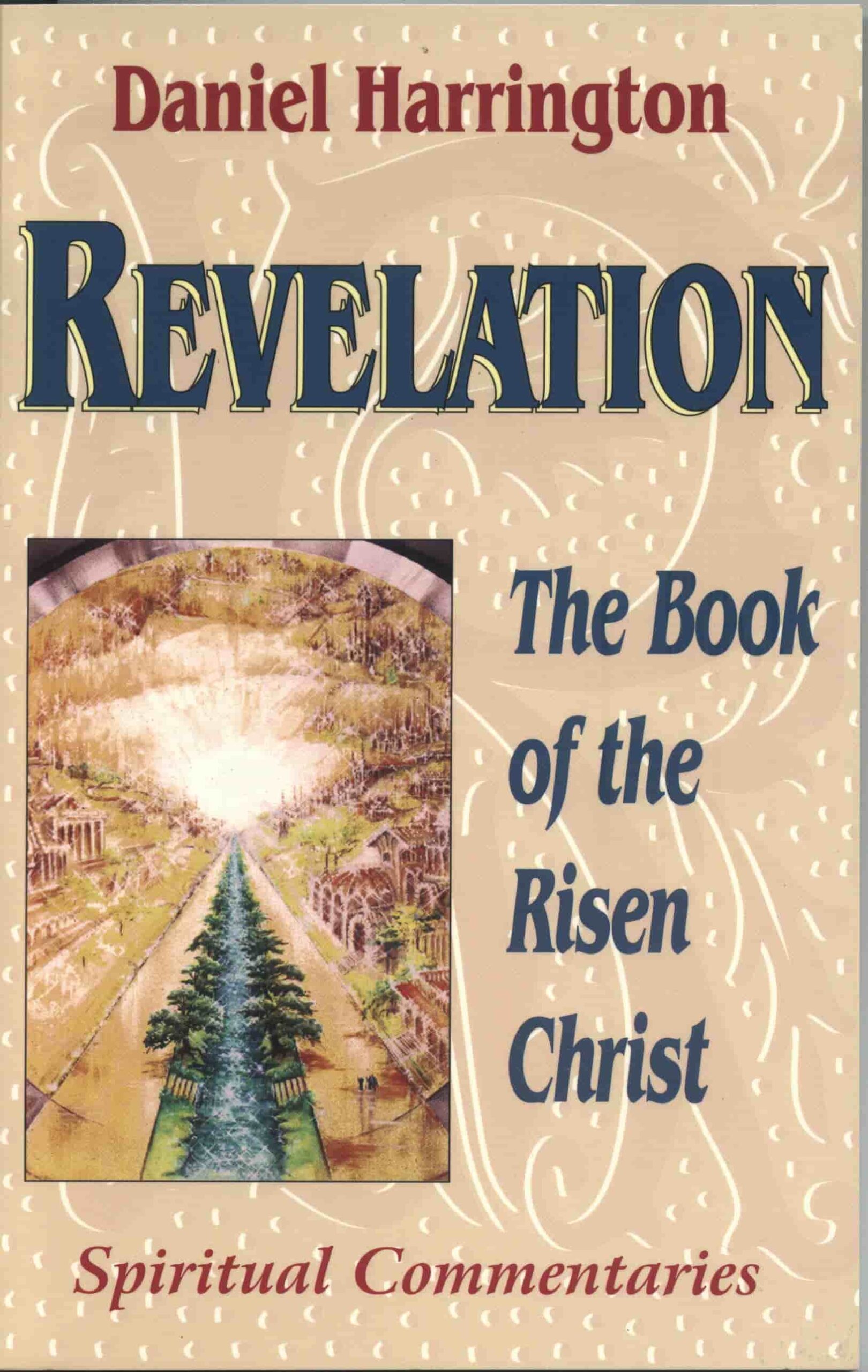Bahá’í teachings, originating from the eloquent proclamations of Bahá’u’lláh in the 19th century, present a perspective that reverberates through time, embodying a synthesis of the profound spiritual truths imparted by previous religious founders. A significant aspect of this faith is the assertion that a “new revelation has dawned,” a statement that captures both a contemporary reawakening of spiritual awareness and the continuity of divine guidance throughout human history.
At its core, the Bahá’í faith asserts the oneness of God and the unity of humanity. This principle of oneness underlies the concept that all religions emanate from the same divine source. The distinctiveness of Bahá’u’lláh’s revelation lies not merely in its content but also in the universal applicability of its teachings. The phrase “a new revelation has dawned” implies an evolution in religious thought, suggesting that each religious dispensation serves as a building block for greater understanding and unity among humankind.
One common observation regarding the Bahá’í teachings is their appeal to a diverse and global audience. It is fascinating that this faith retains an ability to resonate with individuals from various cultural and socio-economic backgrounds, transcending geographic and sectarian divides. Such fascination often stems from a deep-seated yearning for belonging and understanding amid a world replete with contradictions and conflict. This yearning is addressed through the Bahá’í concept of community, emphasizing that spiritual fulfillment is closely linked with communal harmony and collective progress.
The Bahá’í teachings advocate that the challenges faced by humanity—be they social, economic, or environmental—can be surmounted through a unified effort informed by spiritual principles. The emphasis on service to humanity provides a pathway toward social transformation, positioning Bahá’ís as active participants in the betterment of society. This notion of service transcends mere benevolence; it encapsulates a profound commitment to justice and equity, resonating deeply with contemporary global movements striving for social change.
Furthermore, the Bahá’í approach to education underscores the importance of the moral and intellectual development of individuals. In the eyes of Bahá’ís, education is a catalyst for personal and societal advancement. The teachings promote a holistic curriculum that nurtures both the mind and spirit, recognizing that human development is multifaceted. The emphasis on women’s education, in particular, reflects a revolutionary stance within the scope of religious teachings, advocating for gender equality as a cornerstone of societal progress.
Moreover, the Bahá’í injunction against prejudice—whether racial, religious, or economic—stands as a testament to the faith’s commitment to fostering an inclusive and compassionate society. This principle reflects a profound understanding of our shared humanity, encouraging adherents to confront the systemic biases that pervade societies. The call to recognize and celebrate diversity is not merely a moral obligation but a prerequisite for achieving global peace and unity.
In examining the intricacies of Bahá’í teachings, one cannot overlook the concept of the “lesser peace” versus the “greater peace.” The lesser peace refers to the cessation of hostilities and the establishment of political order, while the greater peace emanates from inner transformation and spiritual awakening. This dichotomy sheds light on the deeper reasons behind the fascination with Bahá’í principles; it suggests that external changes must be underpinned by internal shifts in consciousness. Such philosophical depth provides a fertile ground for personal reflection and communal dialogue.
Additionally, Bahá’í teachings on the nature of God and the universe advocate for an understanding that is neither simplistic nor dogmatic. The faith encourages a quest for knowledge and a recognition of the evolving nature of truth. This acknowledgment of the dynamic interplay between revelation and human understanding is particularly relevant in an age characterized by rapid change and complexity. The notion that spiritual truths can adapt to contemporary circumstances invites followers to engage with their faith critically and thoughtfully.
This evolving understanding fosters a sense of responsibility among adherents, who are encouraged to become agents of change within their communities and beyond. The idea that a new revelation has dawned suggests that each generation bears the mantle of responsibility for translating spiritual concepts into tangible actions. The call to action is woven into the fabric of the teachings, urging individuals to reflect their beliefs through their actions and collaborations within various spheres of life.
As we delve into the essence of Bahá’í teachings, we see the movement’s profound implications on a global scale. The faith thus offers not only a lens through which followers can view their lives but also serves as a blueprint for equitable global governance and intercultural dialogue. The notion of interconnectedness—expressed through the strong emphasis on service, justice, and education—acts as a powerful antidote to the fragmentation witnessed in contemporary society.
In conclusion, the assertion that “a new revelation has dawned” encapsulates a rich tapestry of spiritual insights that transcend temporal and cultural boundaries. Bahá’í teachings invite individuals to embark upon a transformative journey towards unity, justice, and collective awakening. The exploration of these principles reveals the depth of their fascination and significance in our quest for understanding and harmony in an increasingly complex world. As humanity stands at a crossroads, the Bahá’í faith offers guiding light—a reminder of the enduring potential for renewal and reconnection in our shared human experience.
